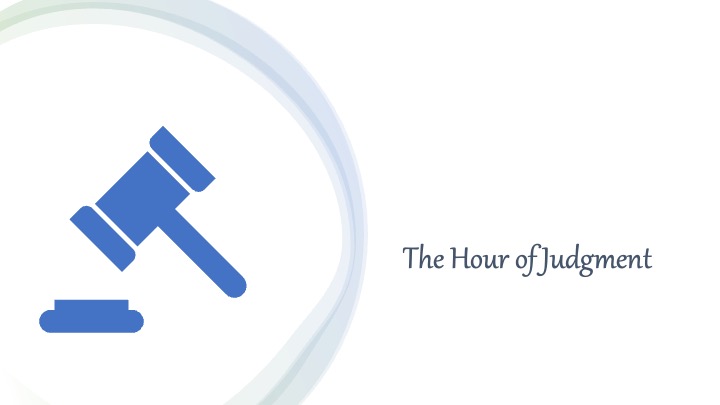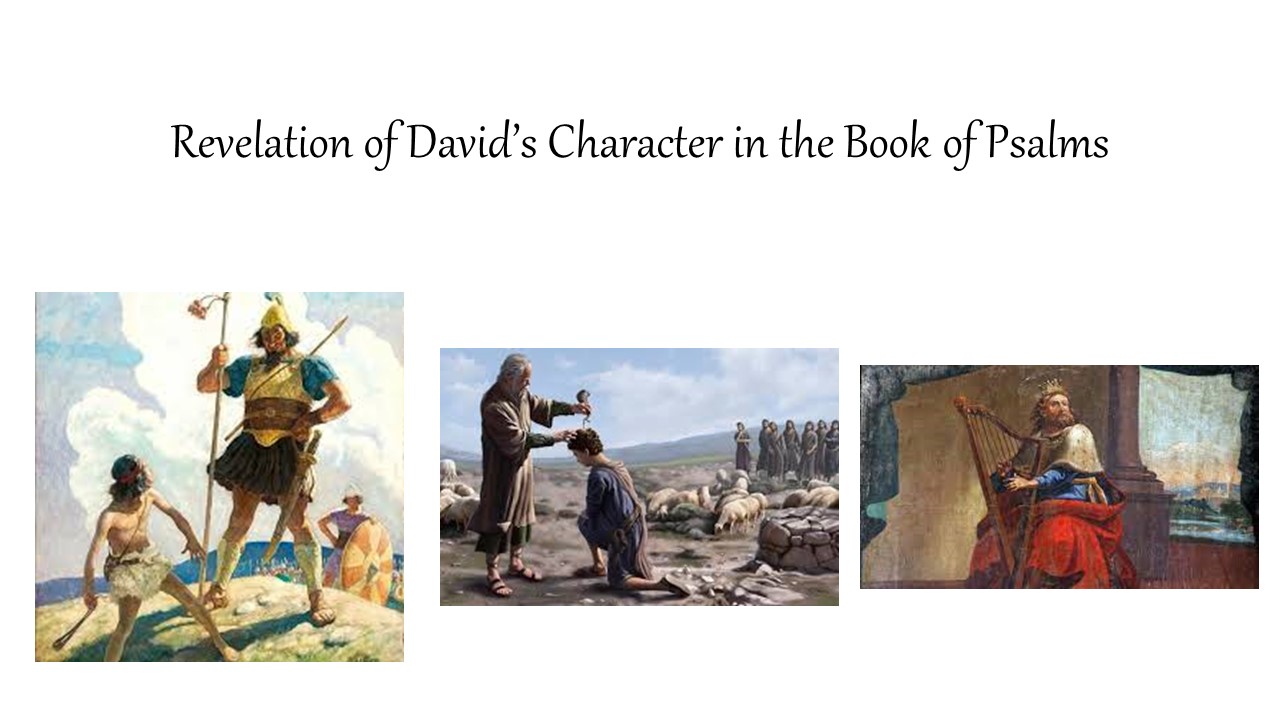The Great Fire of London in 1666, which started from a small spark in a bakery, rapidly grew into an uncontrollable blaze that destroyed much of the city and left thousands homeless. This devastating event is a stark reminder of how something seemingly insignificant can lead to widespread destruction, much like how unchecked sin can grow and cause catastrophic consequences in our lives. Similarly, the Bible warns that God's judgment, though it may begin subtly, will ultimately consume all that is sinful, leading to the restoration of justice and righteousness.
The concept of divine judgment is deeply ingrained in the human conscience, appearing in various forms across cultures and religions as a final reckoning where justice is administered. For Christians, the doctrine of final judgment is not just a theological concept but a fundamental aspect of our faith, representing the moment when God's justice and mercy will be fully displayed. In his second letter to the Thessalonians, the Apostle Paul discusses this judgment, focusing on both its terrifying and comforting aspects, as he reassures the believers that their perseverance through trials is evidence of their worthiness of God's kingdom.
Paul emphasizes that God's judgment is righteous and serves to bring justice to a world where the wicked often seem to prosper while the righteous suffer. He assures the Thessalonians that their suffering is part of God's divine plan to purify and prepare them for His kingdom, and that those who have wronged them will not go unpunished. While Paul describes the terrifying aspects of Christ's return—where Jesus will come in flaming fire to execute judgment—he also highlights the comforting promise of vindication and glory for the faithful. This dual message of justice and mercy reflects God's character and reminds believers of the importance of living in holiness, sharing the gospel, and holding onto the hope of eternal life.

In today’s episode, we share a bonus top ten on finding glimpses of Jesus in the book of Joshua. Various elements and events from...

Today is Day 100 of our series 100 Days in the New Testament. And we end our series in Book 66 of God’s Word,...

David, the shepherd boy turned king, stands out as a spiritual giant in the tapestry of biblical history. Not because he was flawless -...